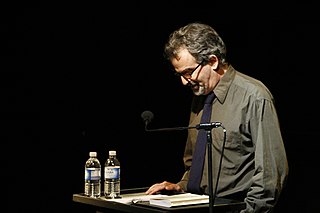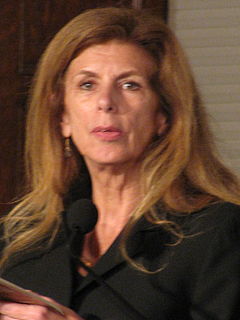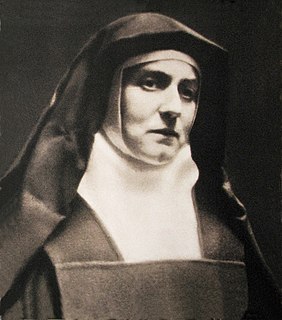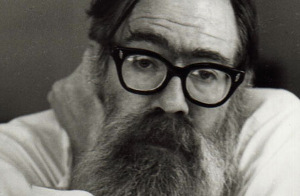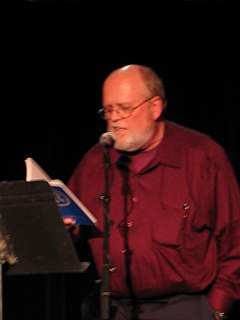A Quote by Kevin Hart
Every poem that I write is, in a sense, trying to find adequate words for this unspeakable word, around which my entire life turns.
Related Quotes
We write to expose the unexposed. Most human beings are dedicated to keeping that one door shut. But the writer's job is to see what's behind it, to see the bleak unspeakable stuff, and to turn the unspeakable into words - not just into any words but if we can, into rhythm and blues. You can't do this without discovering your own true voice, and you can't find your true voice and peer behind the door and report honestly and clearly to us if your parents are reading over your shoulder.
We cannot control the way people interpret our ideas or thoughts, but we can control the words and tones we choose to convey them. Peace is built on understanding, and wars are built on misunderstandings. Never underestimate the power of a single word, and never recklessly throw around words. One wrong word, or misinterpreted word, can change the meaning of an entire sentence - and even start a war. And one right word, or one kind word, can grant you the heavens and open doors.
I never think of my audience when I write a poem. I try to write out of whatever is haunting me; in order for a poem to feel authentic, I have to feel I'm treading on very dangerous ground, which can mean that the resulting revelations may prove hurtful to other people. The time for thinking about that kind of guilt or any collective sense of responsibility, however, occurs much later in the creative process, after the poem is finished.
In a sense my whole life as a writer is trying to find structural ways, or formal ways, to permit that outflowing so it doesn't just look like crazy output. In other words, if it turns out that you can do a given voice, that's just kind of inclination. But then if you can find a way to put that voice in a story so that the voice serves a purpose, then I would say that's being a writer.
One day while studying a Yeats poem I decided to write poetry the rest of my life. I recognized that a single short poem has room for history, music, psychology, religious thought, mood, occult speculation, character, and events of one's own life. I still feel surprised that such various substances can find shelter and nourishment in a poem. A poem in fact may be a sort of nourishing liquid, such as one uses to keep an amoeba alive. If prepared right, a poem can keep an image or a thought or insights on history or the psyche alive for years, as well as our desires and airy impulses.
What's happening is the language. Not only in the usual sense of being interesting (which it is), but in the new sense that words are events, as real and important in themselves as wars and lovers... It is to the word, then, that the mind moves, and the word responds by taking on a physicality, even a sensuality, we have all been trained to ignore. Words have weight, and the distance between two can be a chasm filled with forces of association... What Clark is doing is genuinely new.
I am a dreamer of words, of written words. I think I am reading; a word stops me. I leave the page. The syllables of the word begin to move around. Stressed accents begin to invert. The word abandons its meaning like an overload which is too heavy and prevents dreaming. Then words take on other meanings as if they had the right to be young. And the words wander away, looking in the nooks and crannies of vocabulary for new company, bad company.

